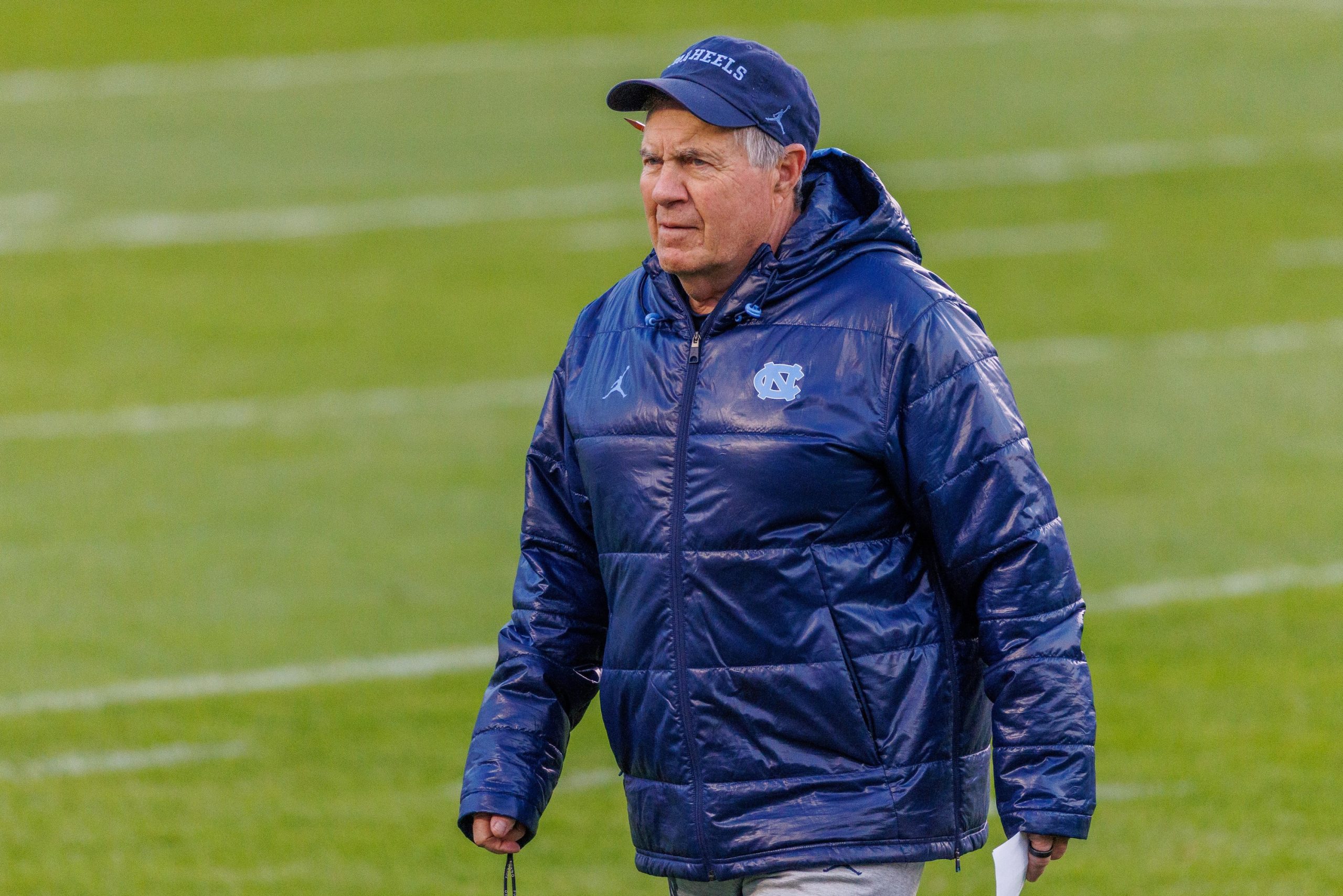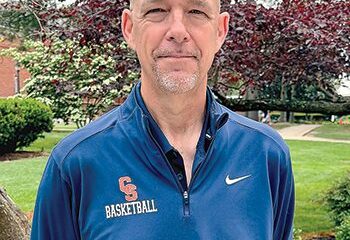The Alliance for Creative Rural Economies (ACRE) program at The Rivet in State College lost nearly $70,000 in federal funding last month, ending a major source of support for local creative entrepreneurs.
The funds, which were part of the Capital Readiness Program (CRP), a grant initiative administered by Bridgeway Capital and supported by the Minority Business Development Agency (MBDA), were used to provide business development resources like expert coaching in business and management, webinars and stipends for each participant.
ACRE was designed to offer structured support to rural arts-based business owners, with federal support making this possible. While the program will continue in a reduced capacity, Janet Dillon said the loss of federal support poses challenges in maintaining the same level of service.
“Those service stipends would give participants an opportunity to work directly with an expert in a specific field,” Dillon, ACRE’s program coordinator, said. “They would have had a really terrific opportunity to get coached in areas that they might need the most help in developing their business, so that’s a really big loss to our cohort.”
While ACRE managed to salvage remaining virtual sessions with subject-area experts, various resources embedded into the program, much like the stipends, were collaterally cut through the budget being slashed.
Since the cut, ACRE has had no communication with any officials. They were also given no early warning.
“We were caught off guard,” Dillon said. “Everyone has been reading the news, listening to the news (and) understanding that the federal government is making some very serious cuts to funding, to grants, but we didn’t have notice ahead of time that this was going to be affected.”
Michele Crowl detailed similar losses already being seen within the cohort. According to Crowl, ACRE has “already heard from participants that these losses are creating real setbacks in their progress and confidence.”
“Members of our ACRE cohort are skilled, talented artists striving to have their small businesses succeed,” Crowl, Discovery Space’s executive director, said. “This program allowed them to level up their business understanding.”
Ann Tarantino is a current member of the State College ACRE cohort. As a visual artist, Tarantino spent much of her life in urban areas, and the last twenty years in central Pennsylvania.
She described her first time walking into a room with the other ACRE cohorts as “edifying” — an immediate creative community that provided support otherwise rare in rural areas.
Tarantino said the stipend given to cohort members who completed the ACRE program was around $2500 per member, and she described it as similar to a “graduation gift.”
Now that the stipend is gone, Tarantino said she is readjusting her business plans.
“I was really excited to work on some marketing research for the particular market niche that my work lives in,” Tarantino said. “That was how I had planned to propose to use my service stipend, so I was really sad to lose that.”
Tarantino said this budget cut showed “a lack of understanding of the breadth and scope and nuance” of how artists make a living and merely exist in the world. She said ACRE “completely changed” how she operates the face of her business.
Similarly, BJ Watson said she had “a lot to gain” from engaging with ACRE. Watson is a potter and sculptor who within her work focuses on textural variety.
Watson said the unexpectedness of the budget cuts left no time to apply for other opportunities, subsequently leaving her with no backups to further benefit herself for the year.
“I don’t think (people) understand how little opportunity there is for rural entrepreneurship to begin with,” Watson said. “Adding in the creative element makes it so much more difficult.”
Watson also said ACRE is “special,” in that it focuses on the business behind the craft. The other opportunities she would have applied for would have been craft fairs, solo shows and fellowships, but “nothing that was concentrating on trying to further (her) art business as a small business owner.”
Margot Bevington is a full-time educator who works primarily in children’s and family music. As a new mother, she’d been in the process of switching gears to focus more on her business.
Bevington was hoping to develop a marketing campaign with ACRE for her upcoming album. With the impact of the budget cut rolling in, Bevington said she was discouraged by the loss of resources.
Though trying to stay optimistic about the funding cuts and her own business’ future, opportunities are scarce in rural areas, and the resources given by ACRE were irreplaceable, according to Bevington.
“I think for people working in rural areas, it’s especially hard because it does take a little bit more creativity and effort to be successful,” Bevington said.
ACRE is currently pursuing new grant opportunities and alternative funding sources to help offset the loss.
The Rivet is maintaining core elements of the program where possible, and continuing to support the current cohort through community engagement, like CentreGives, and remaining internal resources.
The cohort members all detailed the sense of artistic community within ACRE. Beyond marketing support and financial assistance, most of their emphasis was placed on the collective encouragement that came from working alongside like-minded artists.
For the cohort, that fellowship outweighs funding. The budget cut threatens both.
MORE NEWS CONTENT

Ruby Bjalme was selected as the next Penn State student trustee in May 2025. She will serve …












 WCF set as Thunder blow out Nuggets in Game 7 | SportsCenter
WCF set as Thunder blow out Nuggets in Game 7 | SportsCenter































 (via @nbcsportsauthentic/TT)
(via @nbcsportsauthentic/TT)






















